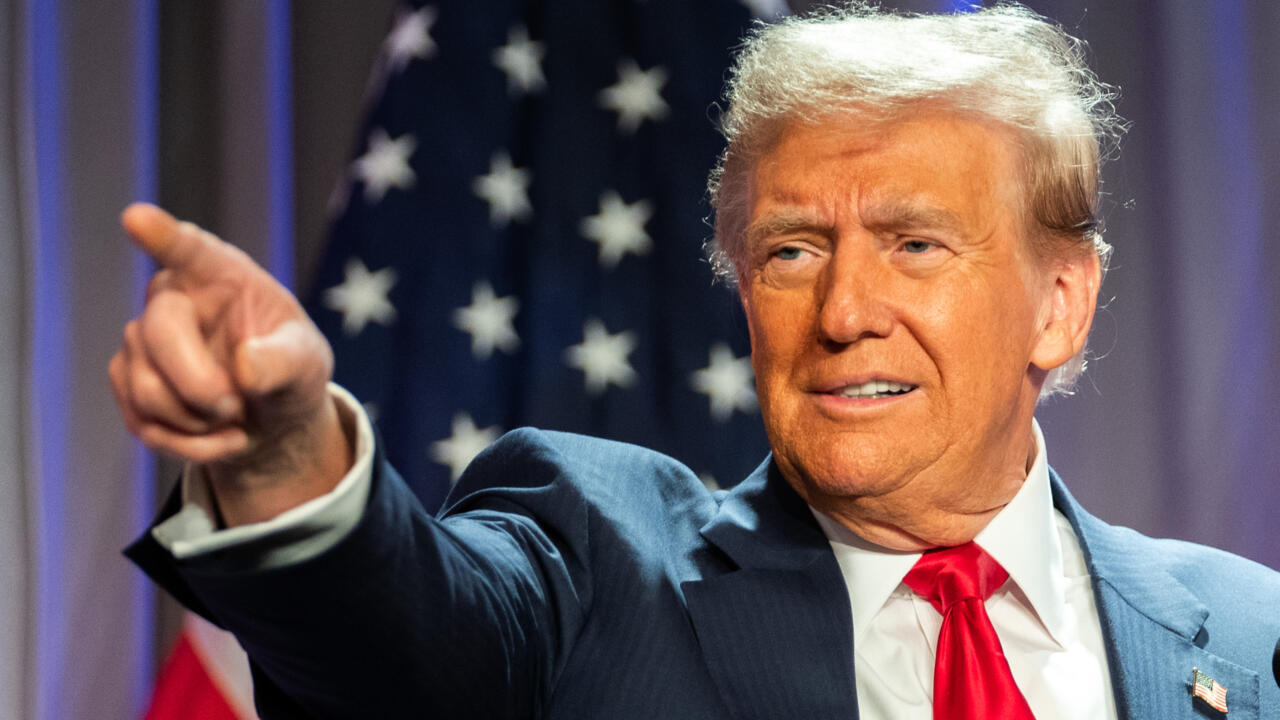US President-elect Donald Trump has raised the stakes for the BRICS bloc—Brazil, Russia, India, China, South Africa, and newcomers Egypt, Iran, Ethiopia, and the UAE—by threatening 100 percent tariffs on their exports if they move to create a common currency. This announcement underscores Trump’s long-standing protectionist trade policies and his intent to assert the US dollar’s dominance in global trade. In a message posted on Truth Social, Trump’s social media network, the US President-elect stated, “The idea that the BRICS countries are trying to move away from the Dollar while we stand by and watch is OVER.” His comments come amid renewed discussions within BRICS about creating a currency alternative to the dollar—a move that has faced internal hurdles but remains a focal point of their economic ambitions. BRICS is an intergovernmental organization comprising Brazil, Russia, India, China, and South Africa. The term “BRIC” was introduced in 2001 by economist Jim O’Neill to describe these emerging economies. The group’s first formal summit was held in Yekaterinburg, Russia, in 2009, marking its official formation. South Africa joined in 2010, expanding the acronym to BRICS. Since then, BRICS has aimed to promote…




